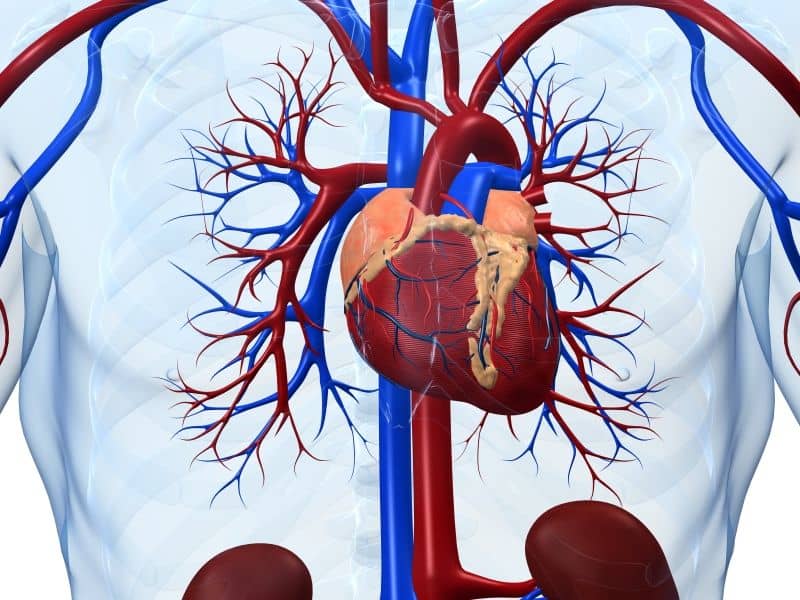With the emerging interest in patients with myocardial infarction with non-obstructive coronary arteries (MINOCA), there is a need to define an even broader group of patients with the syndrome of myocardial ischemia with non-obstructive coronary arteries (INOCA). There are limited data on the clinical characteristics and prognoses of such patients who present with symptoms of acute coronary syndrome (ACS) and undergo urgent coronary angiography that reveals no significant lesions. The aim of this observational study was to compare patients with ACS INOCA and those with ACS with obstructive coronary artery disease (OCAD) both within unadjusted cohorts and with propensity score matched controls.
This observational study was based on the data from the Polish National Registry of Invasive Cardiology Procedures. Of 9744 patients included, 7624 had OCAD and 2120 had ACS INOCA. In unadjusted cohorts, the overall survival and incidence of major adverse cardiovascular events (MACE: death, cardiac arrest, myocardial infarction, stroke, and heart failure hospitalization) until 36 months were higher in patients with ACS OCAD. Following propensity matching, higher win ratios of death (p = 0.02), additional revascularizations by percutaneous coronary intervention or coronary artery bypass graft surgery (p<0.001), and cardiac hospitalization (p<0.001) were observed in these patients. In contrast, the win ratios of myocardial infarction (p = 0.74), heart failure hospitalization (p = 0.86), and MACE (p = 0.07) were not significantly different between the groups.
The prognosis of patients with ACS INOCA was more favorable than that of patients with ACS OCAD; however, the differences diminished after adjustments for the initial clinical profiles. An ACS incident should not be judged as trivial even when cardiac markers remain stable and no significant lesions are found on angiography.
Clinical presentation and 3-year outcomes of patients with acute coronary syndromes and non-obstructive coronary arteries on angiography.


